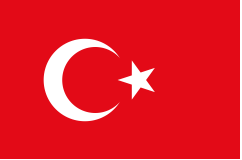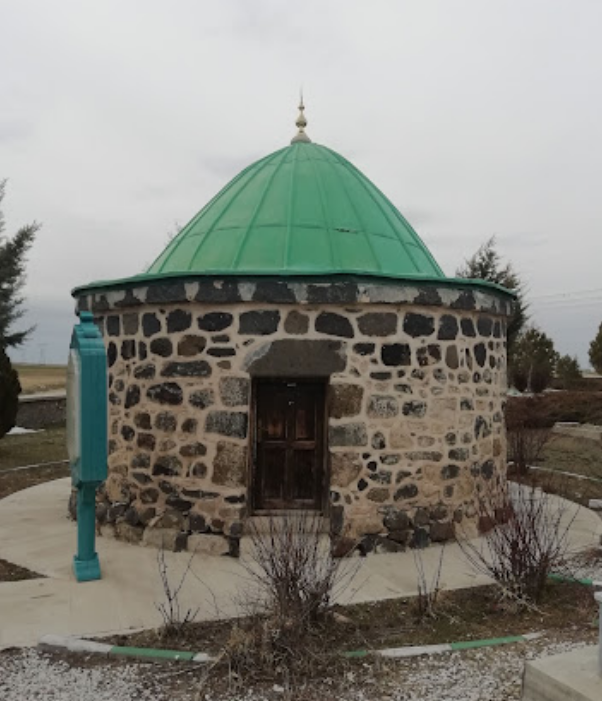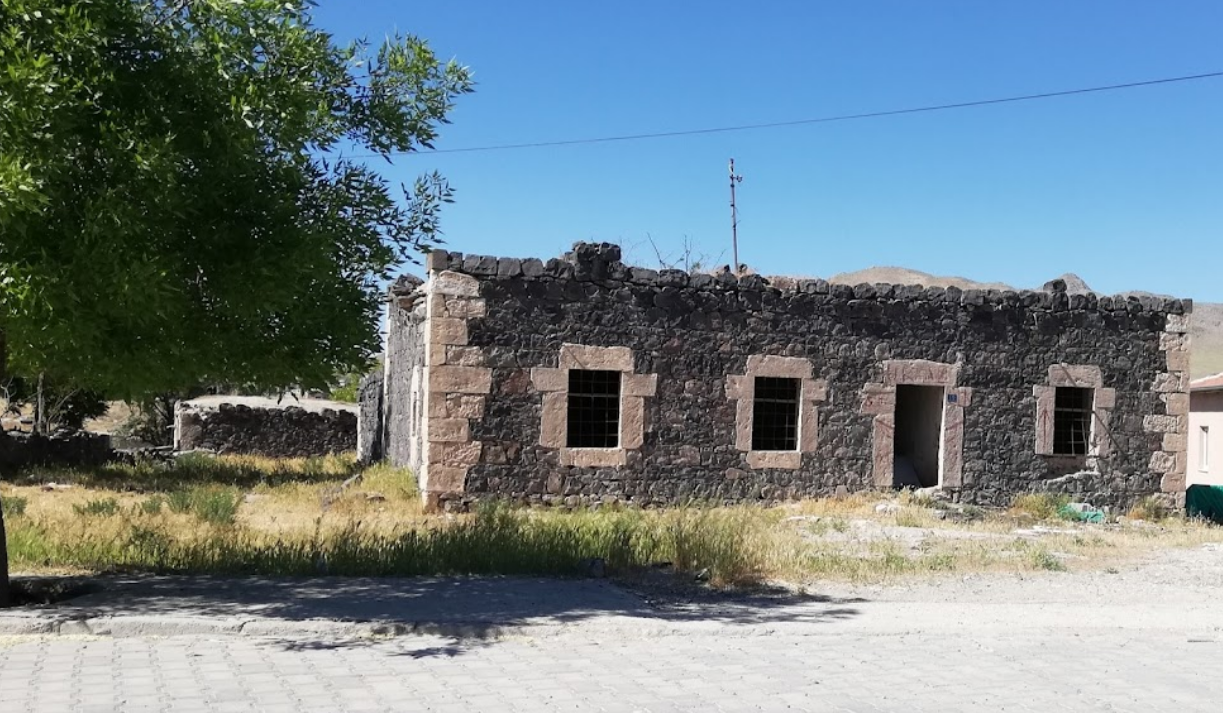Emirgazi
Emirgazi is a district of Konya province.
It is understood from the cuneiform tablets found in the excavations in Eski Kışla (Dikilitaş - Yukarıkışla) and Arısama (Belkaya) that the first settlement in the region started during the Hittite period. Bad Mountain (Arısama Mountain) in the north of the district contains castles, rock carvings, churches and large underground cities of historical importance. In the Eskikışla settlement on the western slopes of the mountain, 2 altars and 3 inscriptions written in a different hieroglyphic script, similar to Hittite hieroglyphics, were found. The translation of the inscriptions is controversial. The altar and inscriptions are exhibited in the Istanbul Archaeological Museum. The castle and underground city on the settlement centre, which is believed to belong to the Hittite period and called Eski Kışla, was also used by the Romans and Byzantines. After the settlement of Turkish tribes in Anatolia, this castle and the places where Emirgazi is located today came under the sovereignty of the Anatolian Seljuks.
Emirgazi, whose name is not mentioned in the Ottoman salnames, was a village in the Republican period and became a district in 1990.
Among the artefacts that have survived from the district to the present day are the castle ruins on Arısama Mountain and the Emrullah Gazi Tomb, 2 km. southeast of the district, which gives its name to the district.
The region called KOLAK YAYLASI, which is located approximately 10-12 km north of the district, is among the oldest settlements and the excavations carried out in the excavations; artefacts dating back to the HITTITE period were unearthed.






Leave Your Comments